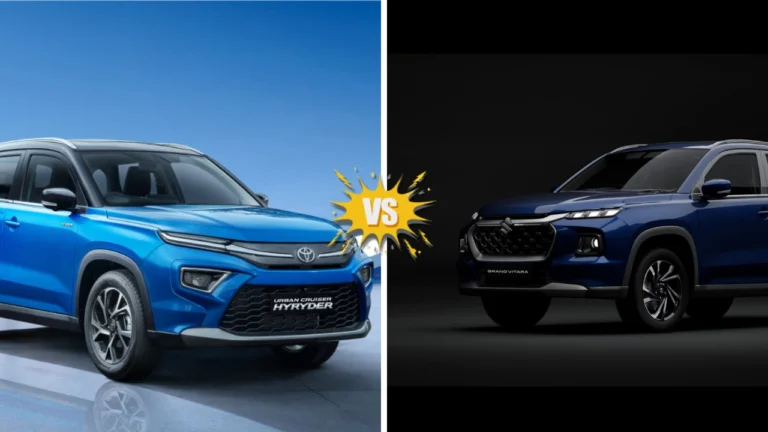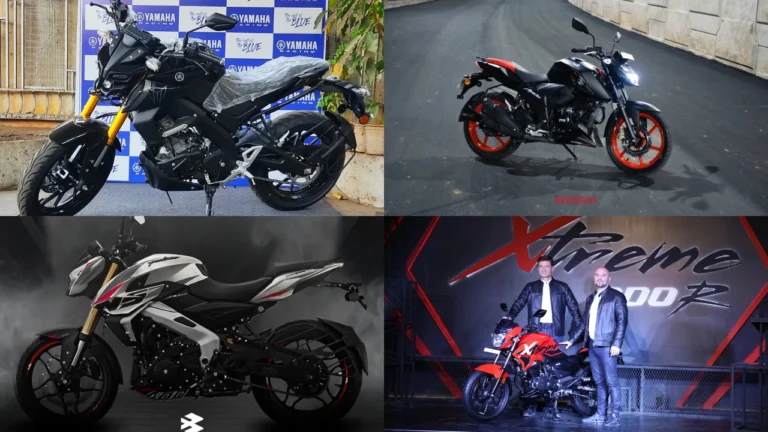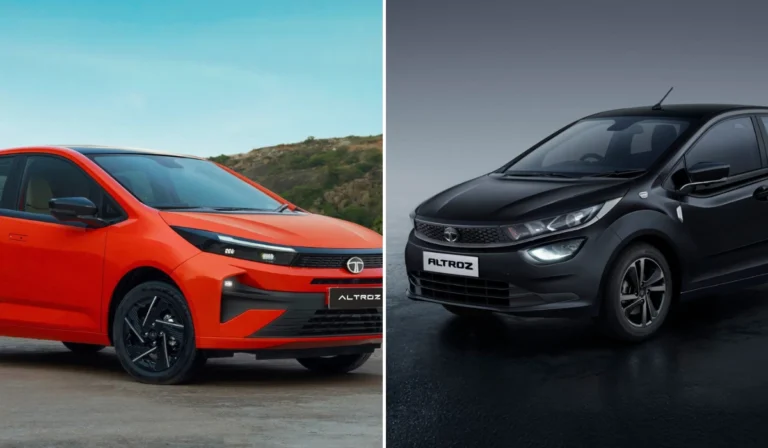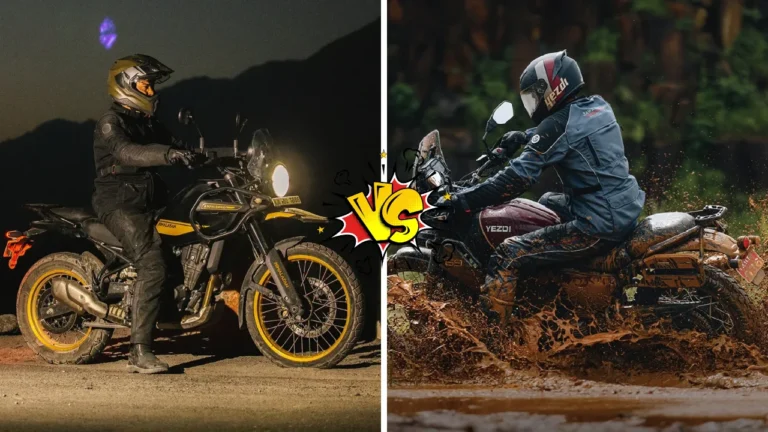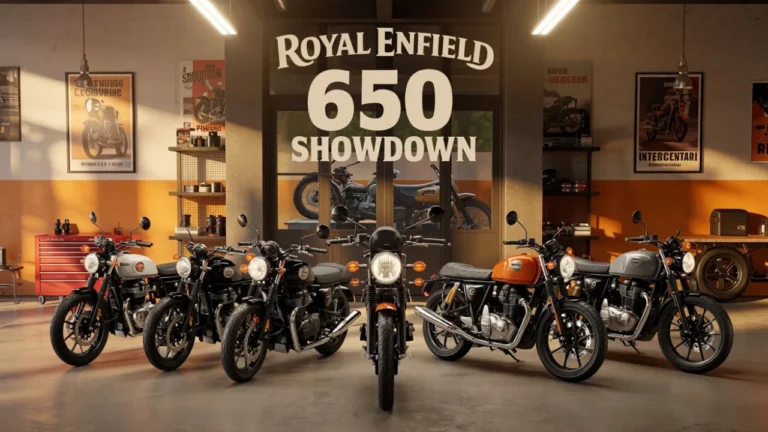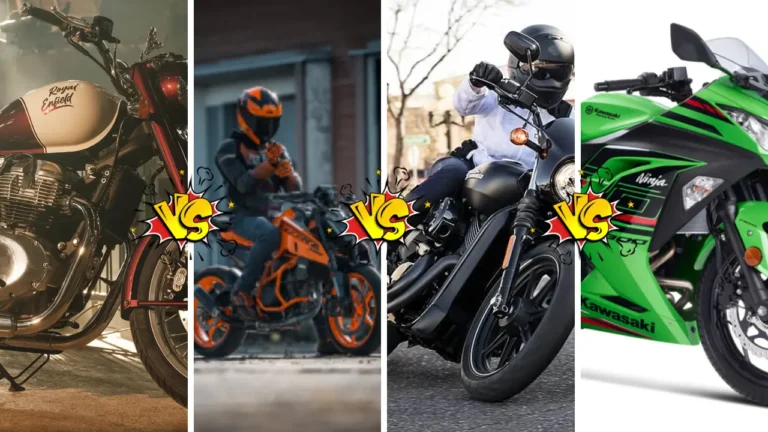Hero Splendor Plus vs Bajaj Platina 100: Mileage, Performance & More
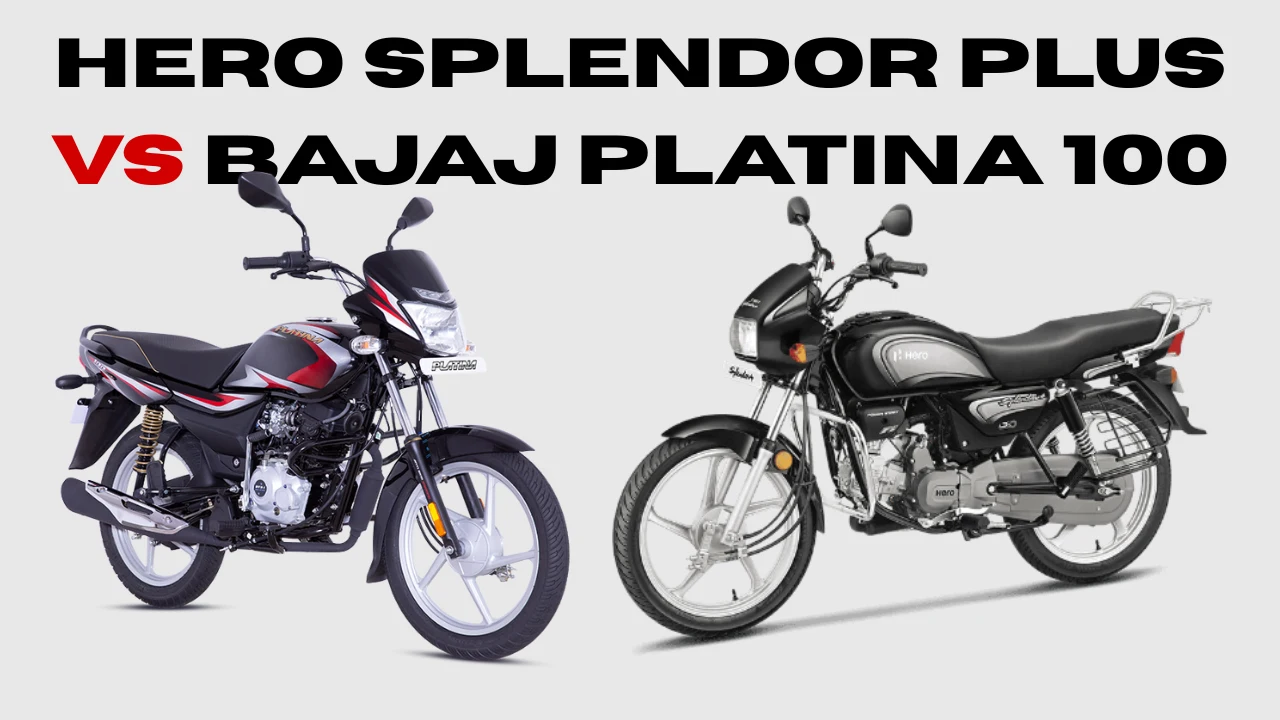
If you’re looking for a budget-friendly, fuel-efficient motorcycle for daily commutes, chances are you’ve shortlisted the Hero Splendor Plus and the Bajaj Platina 100. Both bikes are trusted names in India’s commuter segment, known for their reliability and low running costs. But which one truly fits your needs better? Here’s a complete comparison to help you decide.
|
Specifications |
Hero Splendor Plus |
Bajaj Platina 100 |
|---|---|---|
|
Displacement |
97.2 cc |
102 cc |
|
Engine |
Air cooled, 4-stroke, Single cylinder, OHC |
4-Stroke, DTS-i, Single Cylinder |
|
Max Power |
7.7 HP at 8000 rpm |
7.7 HP at 7500 rpm |
|
Peak Torque |
8.05 Nm at 6000 rpm |
8.3 Nm at 5500 rpm |
|
Gearbox |
4-Speed constant Mesh |
4-Speed (All Down Shift) |
|
Fuel Tank Capacity |
9.8 litre |
11 litre |
|
Wheelbase |
1236 mm |
1255 mm |
|
Ground Clearance |
165 mm |
200 mm |
|
Weight |
112 kg |
117 kg |
|
Front Suspension |
Telescopic Hydraulic Shock Absorbers |
135 mm, Hydraulic Telescopic Type |
|
Rear Suspension |
Swingarm with 5-Step Adjustable Hydraulic Shock Absorbers |
110 mm, Spring in Spring Suspension |
Engine and Performance
The Hero Splendor Plus comes with a 97.2 cc air-cooled engine that delivers 7.7 HP at 8000 rpm and 8.05 Nm of torque at 6000 rpm. It’s powered by Hero’s time-tested OHC setup and paired with a 4-speed constant mesh gearbox.
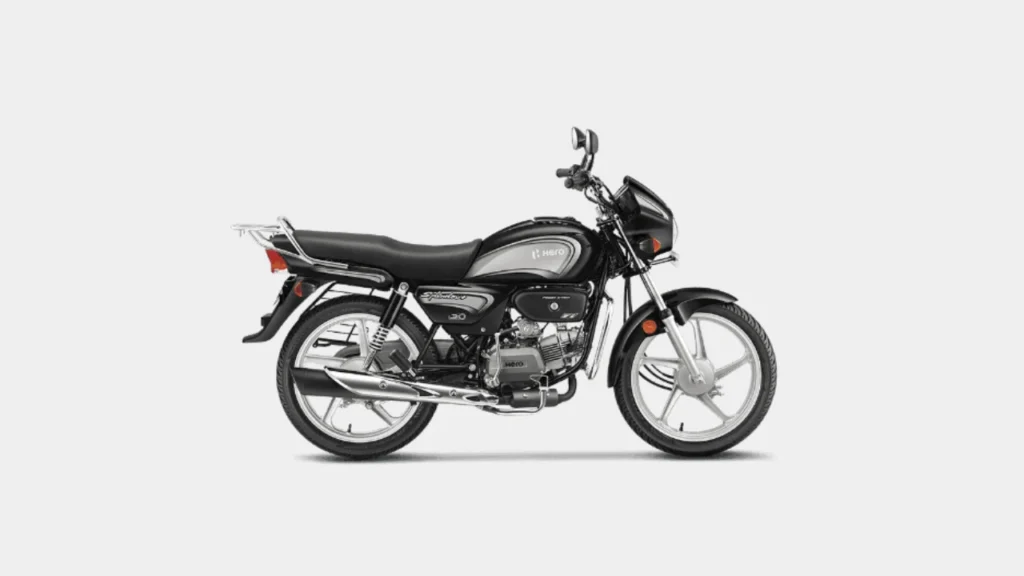
In comparison, the Bajaj Platina 100 uses a slightly larger 102 cc DTS-i engine, producing the same 7.7 HP, but at a lower 7500 rpm, and a bit more torque at 8.3 Nm at 5500 rpm. This means Platina offers better low-end response, which helps in stop-and-go city traffic.
Ride Comfort and Dimensions
When it comes to ride quality, both bikes are tuned for comfort. The Splendor Plus rides on a 1236 mm wheelbase with a ground clearance of 165 mm, weighing 112 kg. It features telescopic hydraulic shocks in the front and a 5-step adjustable suspension at the rear.
The Platina 100, however, goes a step further with a longer 1255 mm wheelbase and higher 200 mm ground clearance. It’s slightly heavier at 117 kg, but it uses a spring-in-spring rear suspension system that adds extra cushioning on rough roads. The Platina’s setup makes it slightly better suited for semi-urban or rural roads.
Mileage and Fuel Efficiency
Both bikes are designed for excellent fuel economy. The Hero Splendor Plus features Hero’s i3S (Idle Stop-Start System) and xSENS FI technology, which improves efficiency in traffic. It has a 9.8-litre fuel tank, which is decent for daily rides.
The Platina 100 also claims similar mileage figures and comes with an 11-litre fuel tank, giving it a slight edge in overall range. While both bikes return 70+ kmpl in real-world conditions, Platina’s larger tank means fewer refuels.
Features and Technology
The Splendor Plus sticks to the basics with a halogen headlamp, LED tail lamp, analog console, and Hero’s Integrated Braking System (IBS). Its reliability and low-maintenance nature are its key USPs.
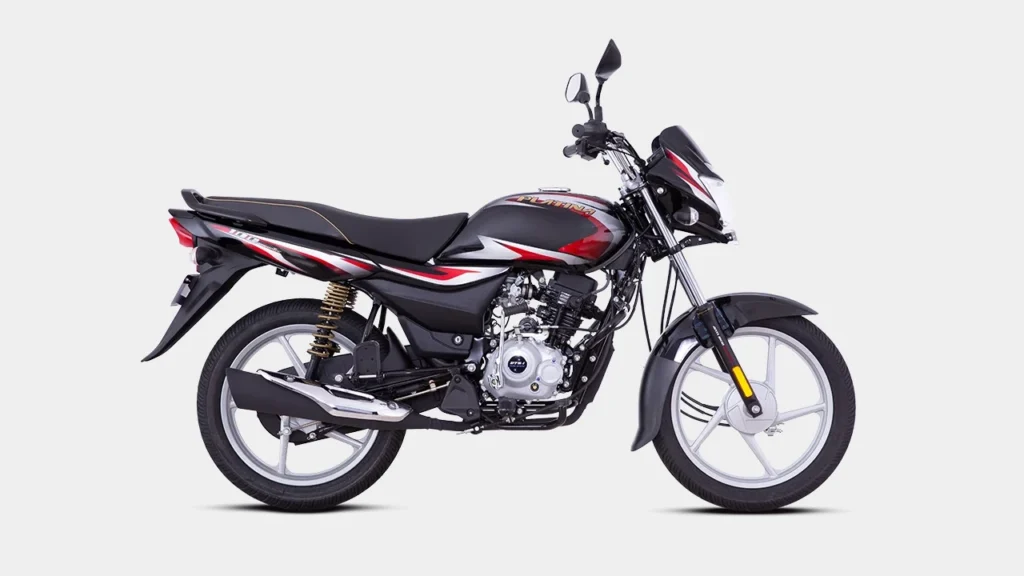
On the other hand, the Platina 100 gets LED DRLs, a DC electrical system, and Anti-Skid Braking, offering a slightly more modern touch. However, it misses out on advanced tech like the i3S system.
Price and Variants
The Hero Splendor Plus is priced between ₹77,176 and ₹80,176 (ex-showroom), depending on the variant and features.
The Bajaj Platina 100 undercuts it with a starting price of ₹68,890 (ex-showroom), making it the more affordable option if you’re strictly budget-focused.
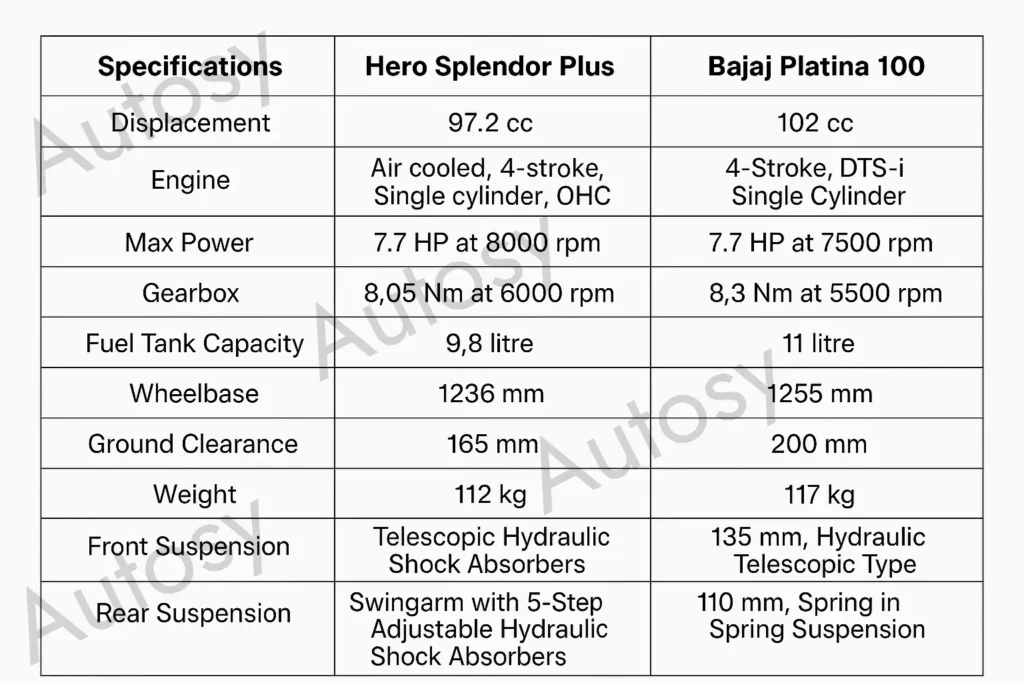
Verdict – Which One Should You Buy?
Choose the Hero Splendor Plus if you’re looking for a proven workhorse with excellent after-sales support, refined engine performance, and advanced fuel-saving tech like i3S.
Pick the Bajaj Platina 100 if your priorities include a more comfortable ride, higher ground clearance, a slightly better torque output, and a lower initial cost.
In the end, both bikes deliver exceptional value. Your decision should depend on your commute route, comfort preference, and budget flexibility.
